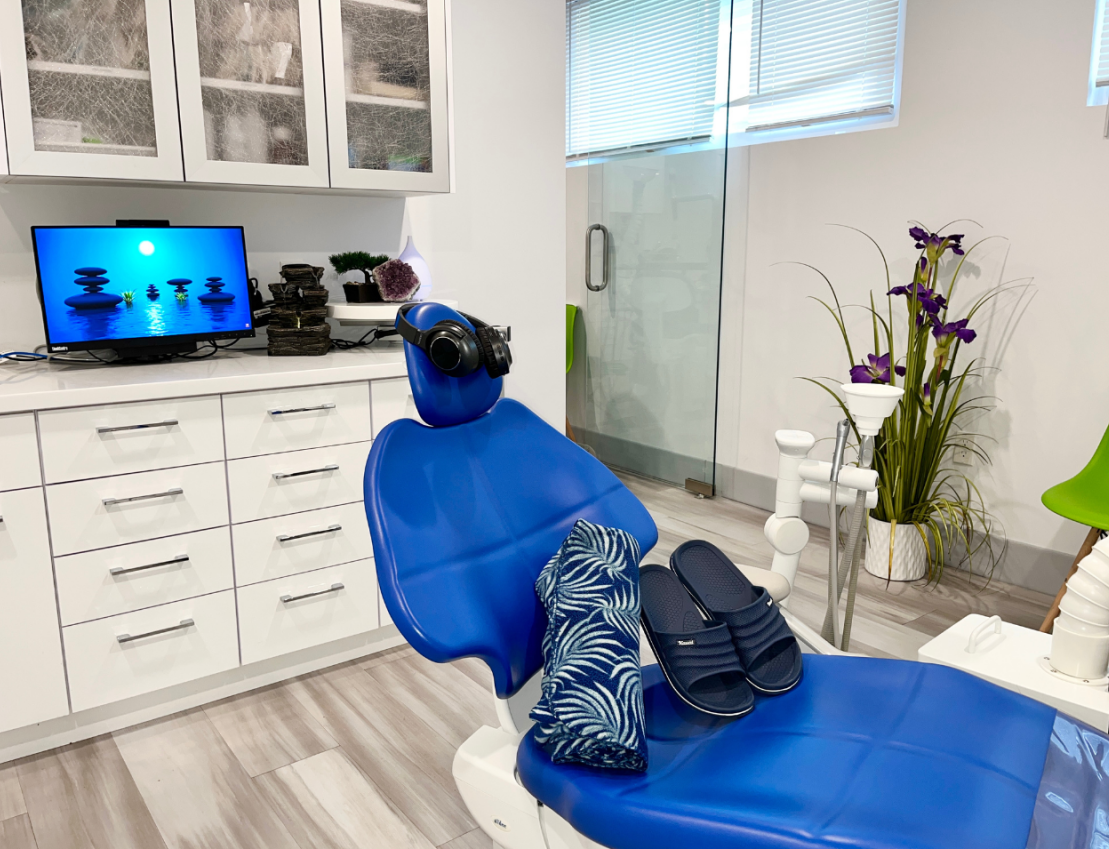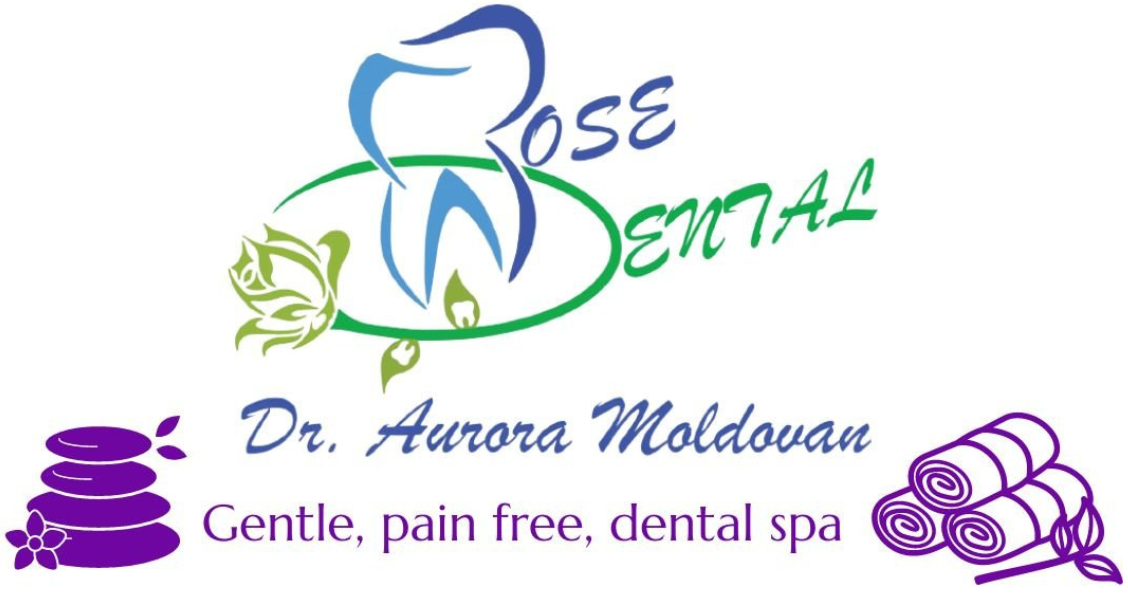
All About Sleep Apnea
Sleep apnea is a sleep disorder that makes it difficult to breathe while you sleep. It can disrupt your sleep more than 30 times a night and is characterized by pauses in normal breathing, gasping during sleep, waking up with headaches, feeling foggy and tired during the day, and, most infamously, excessive snoring that might keep your partner awake.
- Obstructive Sleep Apnea: The most common form, caused by tissues in the back of the throat collapsing and blocking the airway during sleep
- Central Sleep Apnea: This form is caused by a disruption in the communication patterns between your brain and muscles, leading to a breathing disruption
There are two main types of sleep apnea:
What Are the Benefits of Sleep Apnea Treatment?
A good night’s sleep is essential for our emotional and physical well-being. Even if you don’t remember waking up at night, sleep apnea disrupts your sleep cycle, which can have short-term and long-term effects on your health, relationships, and quality of life. Besides finally getting restful sleep, here are some benefits of sleep apnea treatment:
Better Physical Health
Treating sleep apnea reduces your risk of high blood pressure, heart issues, type 2 diabetes, liver problems, and stress on your metabolic system. It may also alleviate the additional risks associated with surgery or drug therapy.
Improved Cognitive Function
Sleep apnea sufferers often wake up feeling groggy and experience brain fog throughout the day. With treatment, patients report feeling sharper, more focused, and more like themselves again.
Strengthened Relationships
Treating sleep apnea benefits both you and your partner. Reducing or stopping restlessness and snoring allows your partner to enjoy a higher quality, uninterrupted sleep. Both of you will wake up in better moods, making parenting, work, and relationships more enjoyable. Your good mood is contagious.
How Is Sleep Apnea Treated?
There are several options for treating sleep apnea, depending on the cause and severity of your condition. It’s essential to find a solution that suits your lifestyle.
Lifestyle Changes
The good news is that mild cases of sleep apnea can often be treated at home. Your dentist may recommend lifestyle changes such as losing weight, avoiding alcohol and sleeping pills, changing your sleeping position, following sleep hygiene recommendations, and quitting smoking. These recommendations are safe and effective and are often suggested alongside other treatments.
Continuous Positive Airway Pressure (CPAP)
The most common treatment for sleep apnea is the use of CPAP machines. A mask is worn over the nose and/or mouth while you sleep. The mask is connected to a machine that delivers a constant, steady stream of air, helping to keep your airways open so you can breathe normally. Various masks and machines are available to suit different needs and comfort levels.
Oral Appliances
Several oral appliances can be worn while sleeping to alleviate sleep apnea symptoms. These typically resemble a mouthguard. Depending on the cause of your sleep apnea, these devices may help reduce snoring, pull the jaw forward to keep the airway clear, or stabilize the tongue.
Surgery and Medication
Some causes of sleep apnea can be addressed with surgery or medication. Common surgical options include repairing a deviated septum in the nose, correcting a narrow throat or airway, or adjusting the jaw area to relieve throat blockages.
Contact us today
to schedule an initial consultation & exam.
Your consultation will include an examination of everything from your teeth, gums and soft tissues to the shape and condition of your bite. Generally, we want to see how your whole mouth looks and functions. Before we plan your treatment we want to know everything about the health and aesthetic of your smile, and, most importantly, what you want to achieve so we can help you get there.
Frequently Asked Questions
The symptoms of sleep apnea can be summarized as an inability to achieve deep, restful sleep and the resulting negative consequences. Individuals with sleep apnea often snore loudly, experience silent pauses in breathing, and wake up choking or gasping for air. They may frequently need to use the bathroom at night and wake up feeling unsatisfied with their sleep. During the day, they might suffer from headaches, difficulty concentrating, irritability, memory loss, brain fog, and a decline in sexual desire.
Sleep apnea has various possible causes. In adults, the most common type is obstructive sleep apnea, often caused by excess weight and obesity. However, you can’t be certain of the type or cause of your sleep apnea until you are examined by a professional.
When experiencing a lack of oxygen due to sleep apnea, your brain senses the breathing difficulty and briefly wakes you up to reopen your airway. These awakenings can be so brief that you don’t remember them the next day. You might wake up 30 times or more per night without any recollection, leaving you feeling groggy the next morning.
You may have an increased risk of sleep apnea if you are overweight, male, have a family history of sleep apnea or poor sleeping, use alcohol or sleeping pills, smoke, or have nasal congestion. In addition, sleep apnea occurs much more often in older adults.
Research suggests that sleeping on your side, also known as the lateral sleeping position, is the best position for relieving sleep apnea and snoring.
While most people with obstructive sleep apnea are overweight, there are many causes of sleep apnea and thin people can develop the disorder too.
What Our Patients Are Saying
Absolutely Amazing

Quick, Painless and Wonderful Procedure

Absolutely Thrilled With Rose Dental


